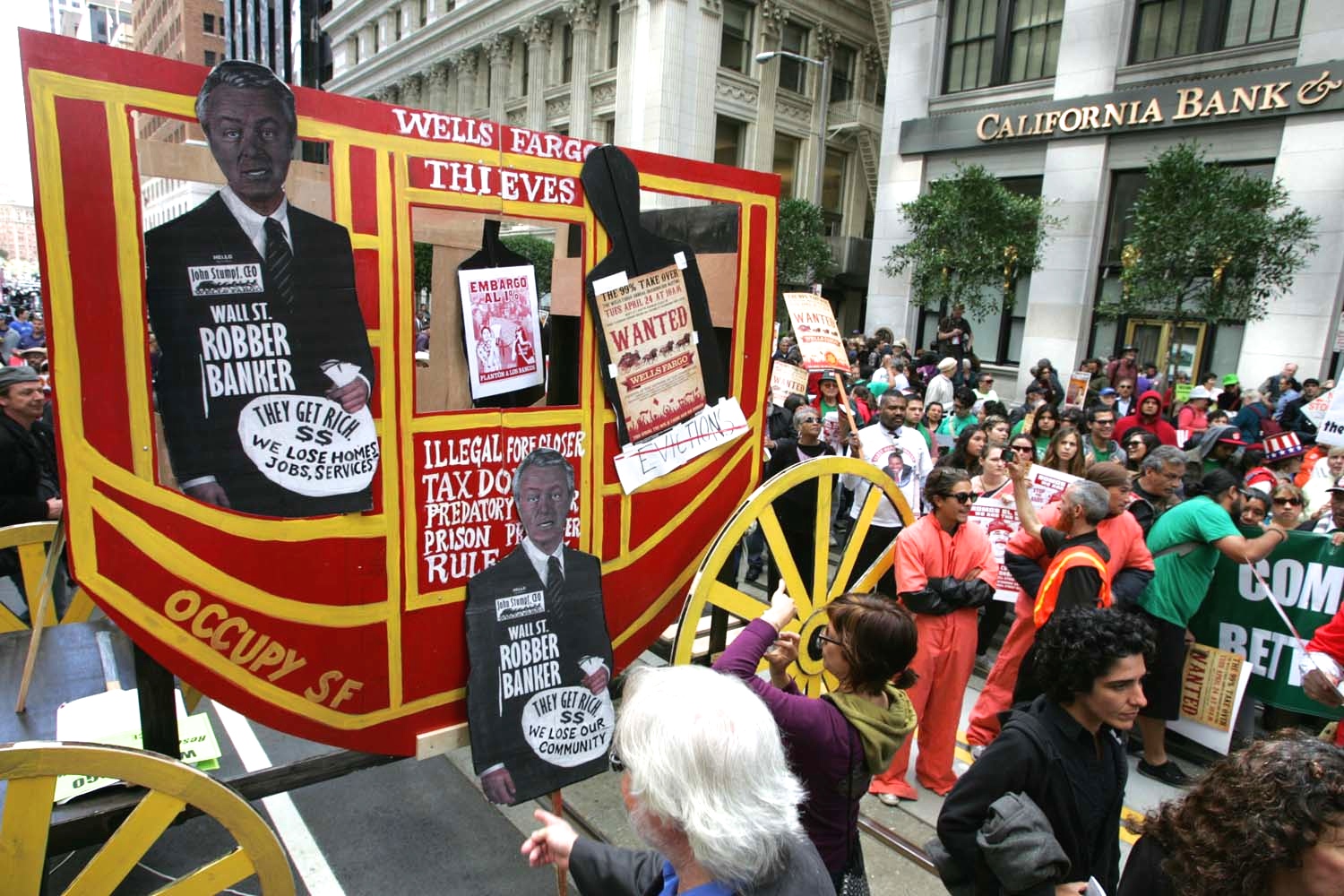
Perhaps because it was announced just days before Christmas, the Consumer Financial Protection Bureau’s giant enforcement action against Wells Fargo has not received all the attention it deserves. The agency imposed a whopping $1.7 billion civil penalty and ordered the bank to provide more than $2 billion in consumer redress.
CFPB took these steps in response to what it called illegal practices affecting over 16 million consumer accounts. Wells was found to have repeatedly misapplied loan payments, wrongfully foreclosed on homes, improperly repossessed vehicles, and incorrectly assessed interest and fees, including surprise overdraft charges. Wells Fargo, it seems, was behaving like the bank from hell.
CFPB’s action does not come as a complete surprise. Wells already had a dismal track record. As shown in Violation Tracker, the bank has paid over $20 billion in fines and settlements during the past two decades. It has been especially tainted since 2016, when the CFPB revealed that bank employees, pressured to meet unrealistic sales goals, had been secretly opening unauthorized accounts in the name of unsuspecting customers who found themselves paying fees for services they had not requested.
Wells was initially fined only $100 million by CFPB, but the controversy over the bogus accounts continued. In 2020 the bank had to pay $3 billion to resolve criminal and civil charges brought by the Justice Department and the SEC. The impact of the case was diminished by the fact that DOJ offered Wells a deferred prosecution leniency agreement and by the decision not to prosecute any individual executives.
A different approach was taken by the Federal Reserve in its capacity as a bank regulator. In 2018 it announced that Wells would be subject to restrictions on its growth until it sufficiently improved its governance and internal controls. The Fed also pressured the bank to replace four members of its board of directors.
The new CFPB case suggests that neither the DOJ nor the Fed action was sufficient to get Wells to change its ways. Other evidence comes from private class action lawsuits. These include a $386 million settlement to resolve allegations the bank added unnecessary insurance fees to car loan bills and a $30 million settlement of allegations it improperly charged interest on Federal Housing Administration-insured loans after they were paid off.
All of this leads to two questions: Why does anyone continue to do business with Wells Fargo? And why do regulators allow it to continue to operate? The answers to both have a lot to do with the enormous concentration in the U.S. banking sector. In some parts of the country, Wells may be one of only a tiny number of full-service commercial banks doing business.
Size is also a factor in how Wells is treated by regulators. As outraged as they may be about the bank’s misconduct, they are not inclined to take any punitive action which might threaten its viability. A villainous Wells Fargo is apparently seen as preferable to the collapse of a bank with nearly $2 trillion in assets.
It is difficult to avoid the conclusion that Wells is taking advantage of this situation by pretending to reform its practices while continuing to conduct its dubious form of business as usual. Regulators need to find a way to bring this rogue bank under control once and for all.
Note: The new CFPB action was announced right after we completed an update of Violation Tracker. It will be added to the database as part of the next update later this month.



/cloudfront-us-east-2.images.arcpublishing.com/reuters/ACF5MTUS35JEVGWGBQ2BN4RKGQ.jpg)





You must be logged in to post a comment.